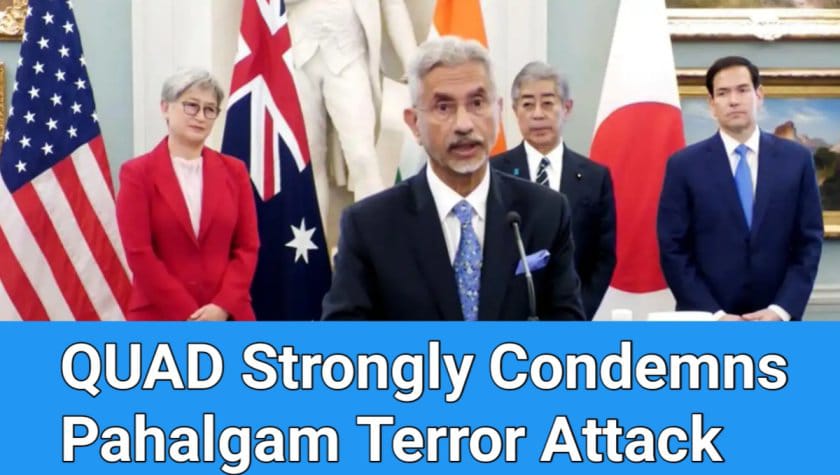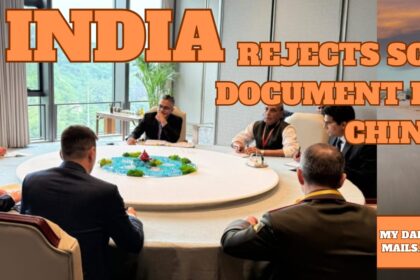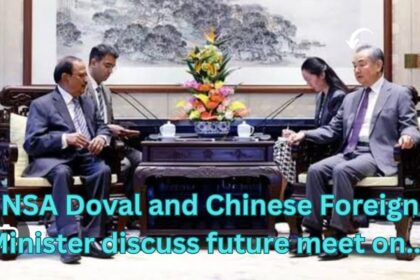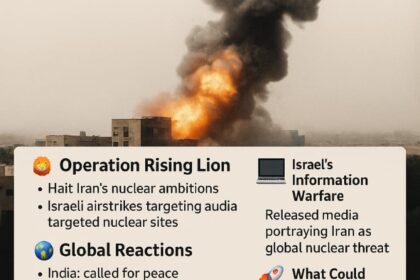
India’s Bold Diplomatic Stand
In a significant development on the global stage, India made headlines by rejecting the Shanghai Cooperation Organization (SCO)’s final joint declaration for excluding any reference to the Pahalgam terror attack. Meanwhile, at the QUAD Summit in Washington, D.C., India received strong international support as QUAD members – the US, Japan, and Australia – jointly condemned the attack and demanded justice.
This article breaks down the two contrasting global responses to the same incident and sheds light on India’s evolving foreign policy and its implications for global security dynamics.
Events Summary
| Event | Date | Details |
| QUAD Summit in Washington | June 2025 | EAM S. Jaishankar represented India. QUAD issued joint condemnation of Pahalgam terror attack. |
| SCO Summit in China | May 2025 | China and Pakistan omitted mention of Pahalgam attack in the final declaration. India refused to sign. |
| India’s Public Stand | June 2025 | Dr. Jaishankar called the attack “economic warfare” and reaffirmed India’s right to self-defense. |
| QUAD’s Response | June 2025 | QUAD declared: “Perpetrators must be brought to justice”, sending a strong global message. |
QUAD: A Unified Front Against Terrorism
At the 2025 QUAD Summit in Washington, the foreign ministers of India, the US, Japan, and Australia stood united in condemning terrorism. For the first time, the Pahalgam terror attack was officially mentioned in QUAD’s declaration.
This was seen as a significant diplomatic win for India, especially after the SCO failed to acknowledge the attack. The QUAD’s collective stance showcased its solidarity with India and its zero-tolerance approach to terrorism.
Quote from QUAD Declaration:
“Victims and perpetrators must never be equated. The world must display zero tolerance towards terrorism. India has every right to defend its people.”
India’s Rejection of SCO Declaration: A Clear Message
India’s decision to reject the SCO joint statement was based on the exclusion of references to the Pahalgam attack. China and Pakistan reportedly pressured other members to avoid naming the attack, showcasing their continued reluctance to call out cross-border terrorism.
India’s External Affairs Minister S. Jaishankar boldly stated:
“We refused to sign the SCO declaration because terrorism was not acknowledged. It was a conscious and necessary choice.”
This rejection led to global headlines, putting India’s anti-terror stand in the spotlight and exposing the divided unity within SCO.
Pahalgam Attack: An Economic Warfare
S. Jaishankar called the Pahalgam terror attack more than just a security threat. He termed it economic warfare, aiming to sabotage Kashmir’s tourism economy, a major pillar of the region.
“The attack was meant to destroy the tourism of Kashmir, the mainstay of its economy.”
This statement underlined the strategic intent behind terrorism – not just to spread fear, but also to derail India’s growth and economic stability.
India’s New Doctrine: No More Tolerance
India is now moving toward a ‘No Impunity’ policy. Jaishankar emphasized that India will no longer spare any state that supports, funds, or motivates terror outfits, directly calling out Pakistan.
India’s stance is no longer reactionary – it is proactive, with a clear warning that any state-sponsored terrorism will face retaliation.
Military Angle: Is QUAD Moving Towards Defense Cooperation?
For the first time, QUAD countries have agreed to launch a joint Sea Observer Mission, involving coast guards and navies. While not yet a military alliance, this marks a milestone in QUAD’s evolution into a security-focused alliance.
This sends a clear signal to China, which continues to back Pakistan at global forums. If QUAD strengthens its security cooperation, India’s regional deterrence will only grow stronger.
Dr. Jaishankar Refutes Trump’s Claims: “I Was in the Room”
Dr. Jaishankar openly debunked Donald Trump’s repeated claims about mediating India-Pakistan ceasefire through trade leverage. He clarified:
“No such trade discussion happened. JD Vance’s call came during Operation Sindoor, and I was in the room. Trump’s version is false.”
This candid rebuttal went viral across media platforms, underlining India’s assertive and transparent foreign policy.
No Fear of Nuclear Blackmail
India has also made it clear that nuclear threats or blackmail will not deter its anti-terror operations. The message is firm: State-sponsored terrorism will invite consequences.
India is prepared to deal with nuclear posturing and has adapted its doctrine to act decisively when provoked.
Internal Military Review: Which Country’s Parts Will Be Phased Out?
India recently launched a Military Review Program aimed at removing even the smallest defense components sourced from a specific country.
| Military Review Question | Options |
| Which country’s defense parts is India planning to eliminate? | France, China, USA, Russia |






